En este episodio de Detrás del Telón, escucharán una charla presentada por Gerardo Kleinburg y amablemente compartida por la Universidad Nacional Autónoma de México y Descarga Cultura UNAM.
Con esta entrega, Gerardo Kleinburg emprende un camino ambicioso y apasionante: hablar sobre la vida de Richard Wagner (Leipzig, Alemania, 1813-Venecia, Italia, 1883) y entrelazar su intensa y controversial biografía con la apreciación e historia de El oro del Rin, primera entrega de la tetralogía El anillo del nibelungo, obras que en su conjunto suman alrededor de 15 horas de música y que por su complejidad vocal, musical y de estructura cambiaron la historia del arte en occidente. Para Kleinburg, la vida del compositor alemán se funde y se confunde con su obra; para infortunio de quienes convivieron con él y fortuna de quienes ahora lo escuchamos, Wagner plasmó en sus libretos una megalomanía y egocentrismo propios de un genio.
Gracias a la protección y apoyo total que Wagner recibió del rey Ludwig II de Baviera, quien lo admiraba desde que era príncipe, Wagner pudo llevar a buen puerto el proyecto de su vida, no solo la creación de estas cuatro óperas, con una genialidad sin precedentes, sino la construcción de un teatro especial para que la tetralogía completa fuera representada, una orquesta reformada y aumentada, la invención de instrumentos musicales y una nueva técnica vocal que exigía voces más potentes y resistentes a diferencia de los parámetros tradicionales. El 13 de agosto de 1976, 25 años después de que Wagner comenzara a poner las primeras notas de su tetralogía, se estrenó el ciclo completo tal como Wagner lo imaginó en el teatro construido por él mismo, situado en la comunidad de en Bayreuth.
En esta misma serie, también encuentras los comentarios de Gerardo Kleinburg sobre Tristán e Isolda, del mismo compositor.
---------------------------------------------------------------------------------
Descarga Cultura UNAM and Gerardo Kleinburg present Das Rheingold by Wagner
On this episode of Detrás del Telón, you’ll be listening to a talk presented by Gerardo Kleinburg and graciously shared by the National Autonomous University of Mexico and Descarga Cultura UNAM.
With this installment, Gerardo Kleinburg embarks on an ambitious and exciting path: talking about the life of Richard Wagner (Leipzig, Germany, 1813-Venice, Italy, 1883) and intertwining his intense and controversial biography with the appreciation and history of Das Rheingold, the first installment of the tetralogy The Ring Cycle, works that together total nearly 15 hours of music and--due to their vocal, musical and structural complexity--changed the history of Western art. For Kleinburg, the life of the German composer merges with his work: To the misfortune of those who lived with him and the fortune of those of us who now listen to him, Wagner captured in his librettos a megalomania and self-centeredness typical of a genius.
Thanks to the full protection and support that Wagner received from King Ludwig II of Bavaria, who had admired him since he was a prince, Wagner was able to bring the project of his life—not just the creation of these four operas—to fruition with uncompromising and unprecedented genius: The construction of a special theater for the complete tetralogy to be presented, a reformed and augmented orchestra, and the invention of musical instruments and a new vocal technique that required more voices more powerful than ever before. On August 13, 1976, 25 years after Wagner began composing this work, the complete cycle was released as Wagner envisioned it in the theater he built, located in the community of Bayreuth.
In this same episode you'll also find Gerardo Kleinburg's comments on Tristan and Isolde, by the same composer.







